When I came to Knox, I had only heard of the graffiti wall, but never got to see it. I had heard that there was a space where people expressed themselves artistically and wrote what they believed. And then, I also heard that someone wrote something that resembled a slur and the wall was taken down.
Reflecting on the process of the takedown of the wall, Kevin Cox ‘24 recalls that nothing substantial came out of the college’s adjudication process because no action was taken to rectify the root of the problem: hate speech, and instead students lost a public space to make art.
Amidst racial slurs being chalked on the track field in 2023, and confederate flag stickers being hung on vehicles parked on campus, Knox has come a long way in creating a safe space for students. But has that made them suppress any student expression?
Towards the end of the 2023 fall term, chalk messages written by students to demand for a ceasefire in Gaza were washed by the college, and later students were told this was because the messages were defaced. During the 2024 spring term, when Knox Students for Palestine (KS4P) organized a protest to demand divestment from Israeli brands at Knox, any chalk messages with the phrase “from the river to the sea” were also washed.
“I still get upset when I think about what happened with the chalking. I still feel it was a fishy situation: I think they really tried to appease us and not seem like they did something wrong, but I think there was a lot of miscommunication and a lot of lack of communication, which resulted in students feeling silenced and not heard by the administration, and in general not being able to fully express their thoughts,” senior Amira Siddique said.
Siddique also highlighted that as an institution, Knox needs to educate students on why slurs are bad because students come from all kinds of different backgrounds and have different levels of understanding. While the graffiti wall is not a part of the core Knox experience for Siddique, she feels that Knox students always enjoy ways to express themselves.
However, alumni such as former Student Senate President, Eeman Mahar ‘23 recall the graffiti wall as a long lasting Knox tradition.
“I tried to get the graffiti wall back for the last two years as Senate President. I never got to use it because I thought I would have more time to use it but it was gone one random day,” Mahar said.
Serving as the Vice President of Student Senate at Knox, I also occasionally felt that lack of access to a student distribution list to allow for direct communication between students and Senate made miscommunication likely. It is inevitable that some expression needs to be suppressed to create a safe space because if anyone could say anything, safe spaces can be hampered. Perhaps Knox needs to explore the balance between free speech and hate speech and work on educating students rather than suppressing student voices.

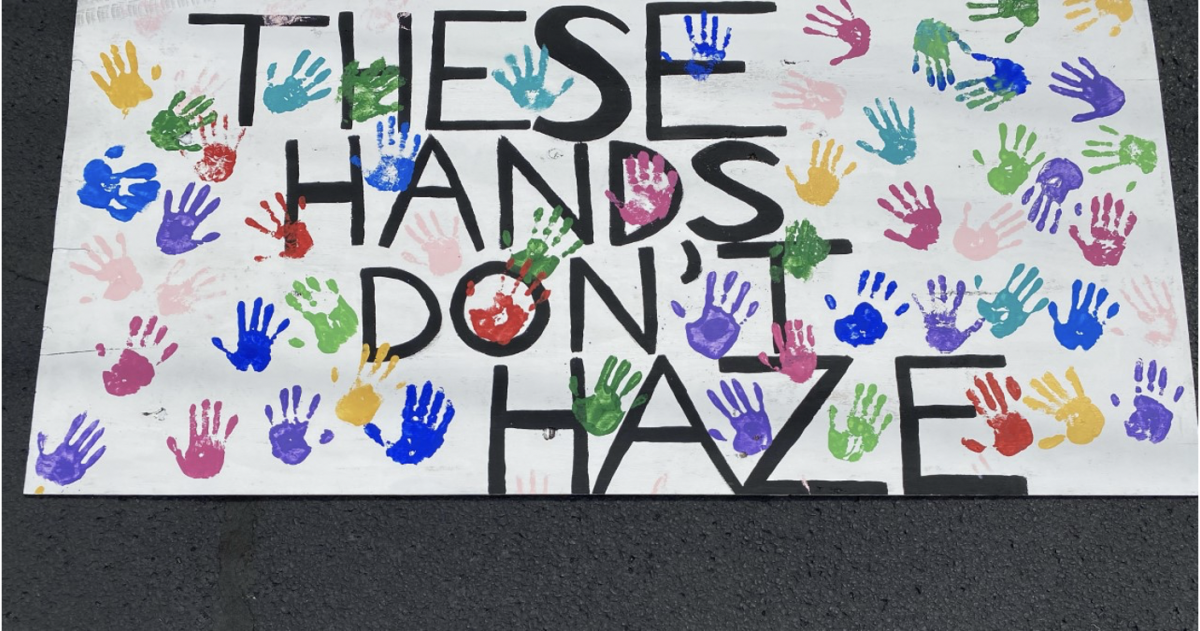
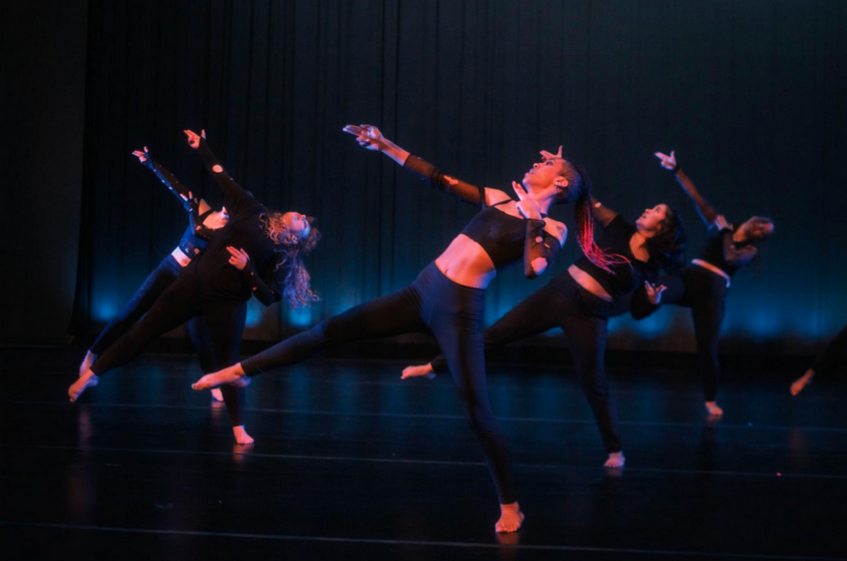
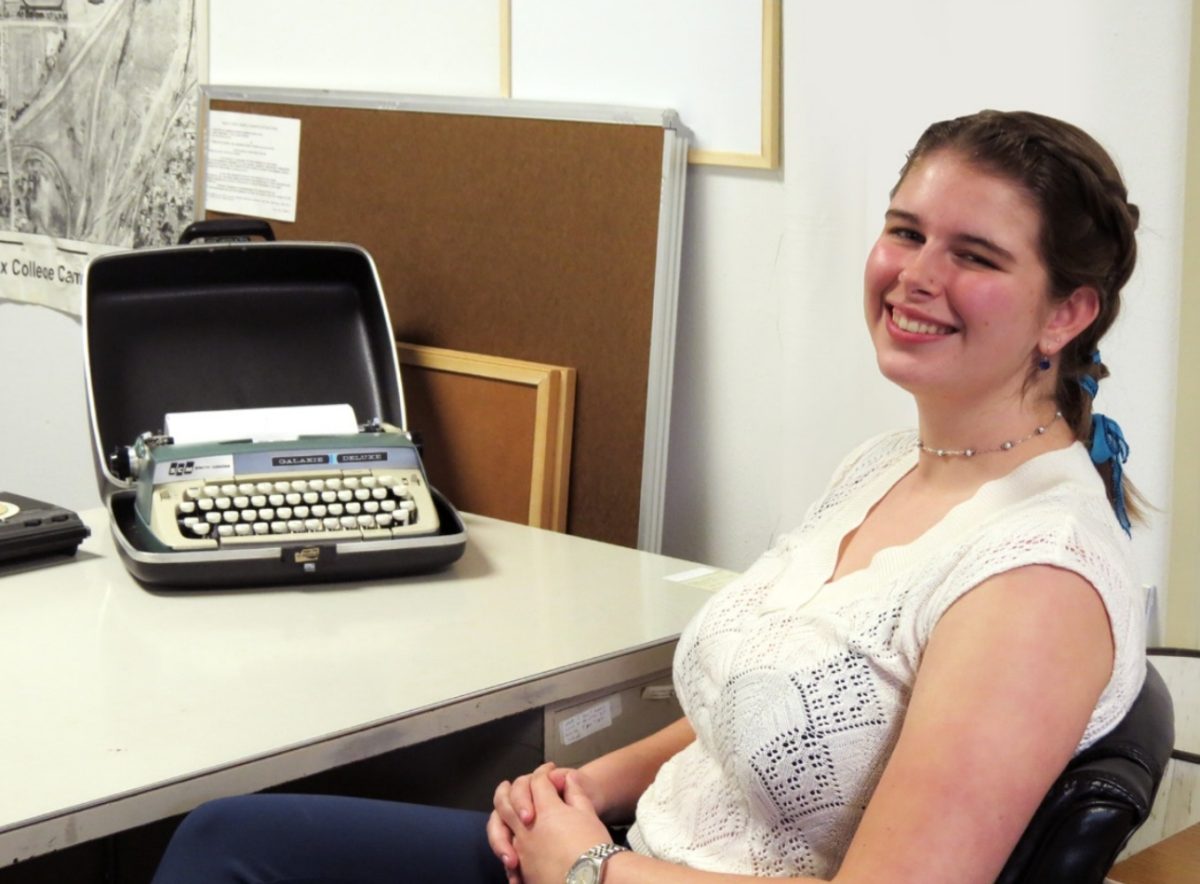
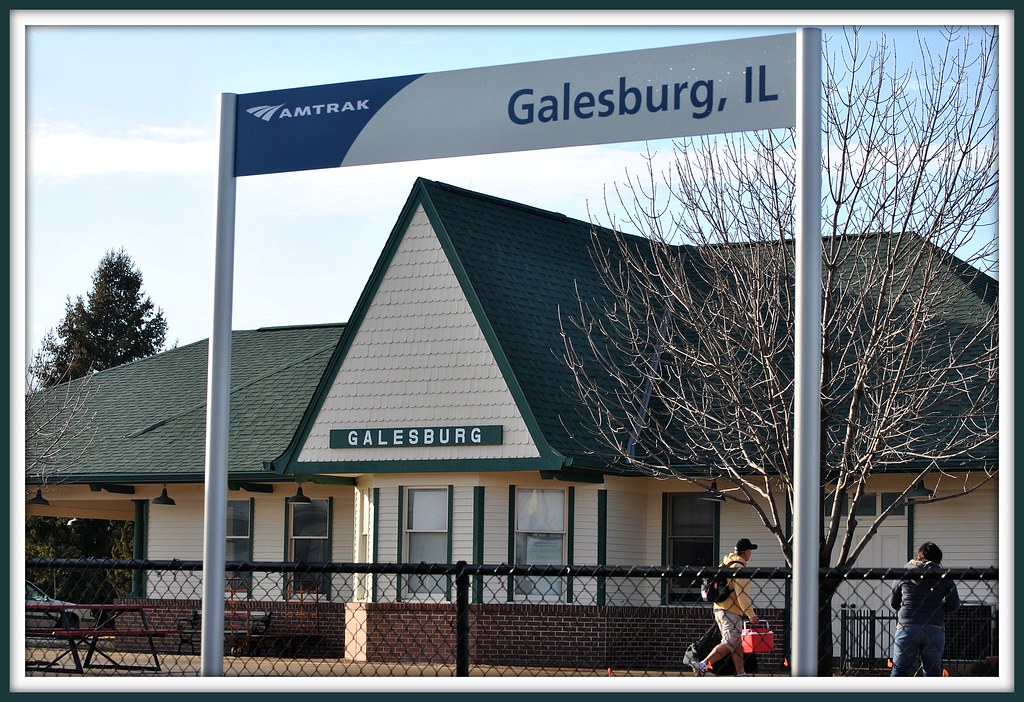
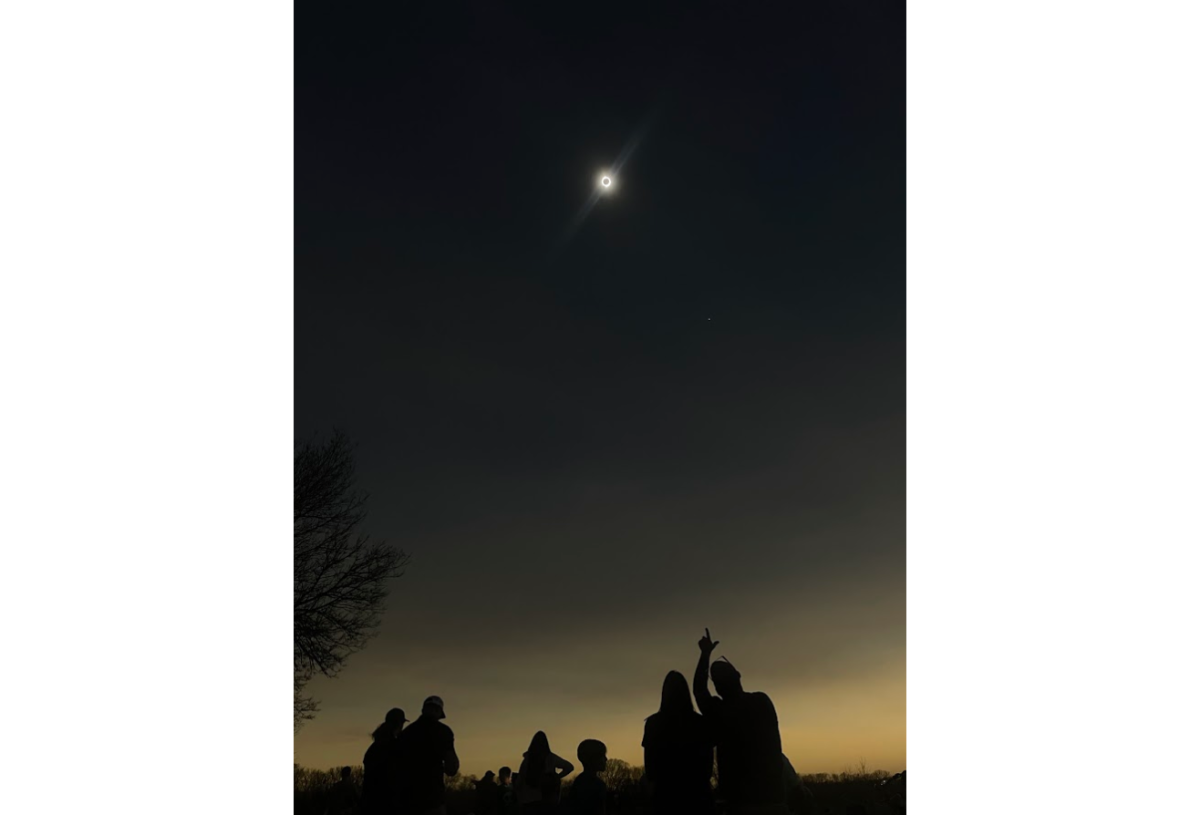
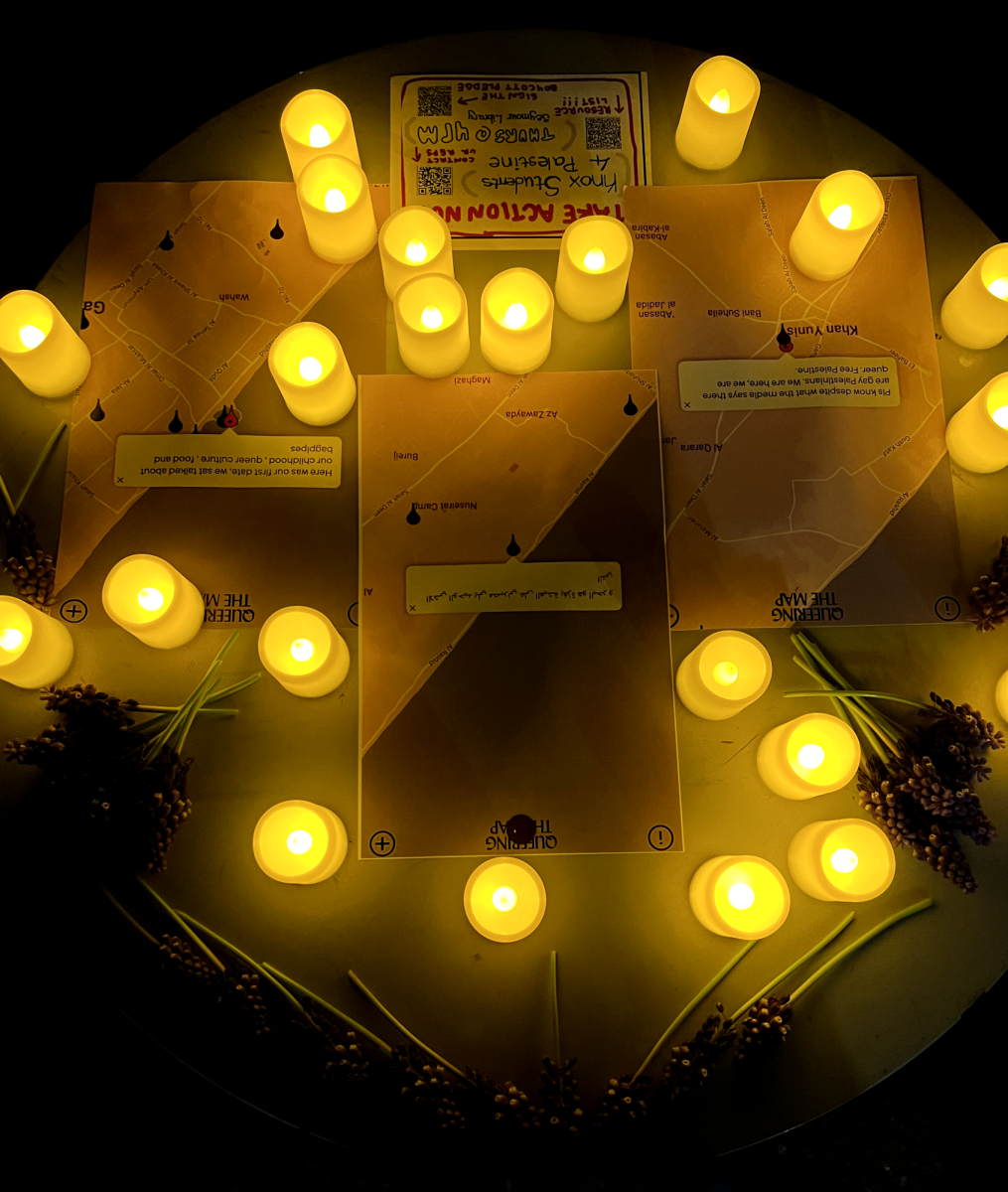

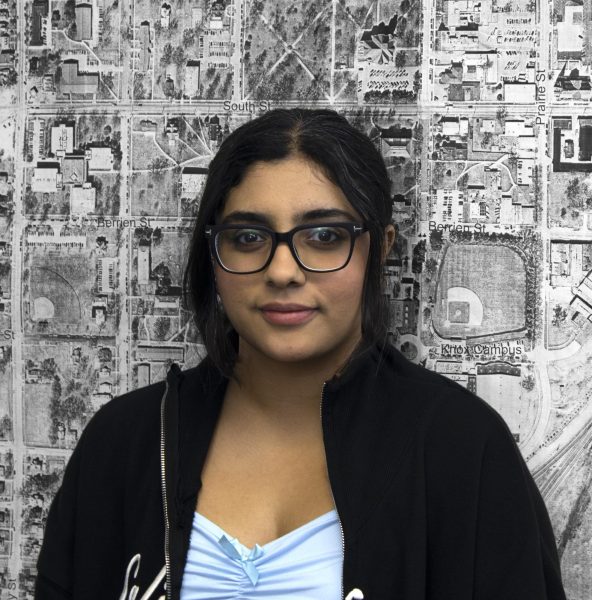
Izzy Scott • Oct 8, 2024 at 1:26 pm
I remember the graffiti wall being taken down when I was a freshman (2019). It was a hot button issue for a while, but I think like many pre-COVID traditions at Knox, the pandemic removed it from memory among the student body — honestly, I’d pretty much forgotten it too. Excellent reporting!
Joel Schleicher • Sep 26, 2024 at 9:43 am
This article fails to recognize that, to Jewish students, the phrase “from the river to the sea” is hate speech, as are calls for intifada.
Further, this article only interviews an Arab student, who clearly demonstrates her bias in the issue.
Grayson • Nov 25, 2024 at 9:35 pm
If you care so much, write it yourself. <3
Eleanor Lindenmayer • Sep 26, 2024 at 3:24 am
Glad you got this article done! I like how you connected it to what’s been happening on campus lately.